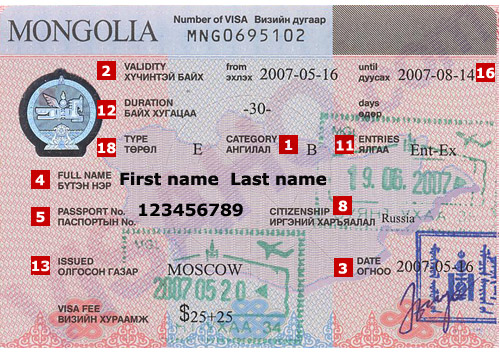Mongolia Embassy list in Ethiopia
Need help?Chat with us
Importance of Trip Registration at the Mongolia Embassy
Registering your trip with the Mongolia embassy is crucial for ensuring safety, effective communication, and access to support during emergencies. In case of natural disasters such as earthquakes or floods, registration provides the embassy with your details, allowing them to reach out and assist you swiftly. Similarly, during instances of political unrest, having your information registered helps the embassy facilitate your safe evacuation or provide guidance on the situation. In medical emergencies, being registered can accelerate assistance, ensuring you receive the care needed quickly. This proactive step not only enhances your security but also fosters a better connection with your country’s diplomatic resources, making it easier to navigate uncertainties while abroad.
Mongolia Embassy FAQs
Can the Mongolia embassy assist in legal issues abroad?
Yes, the Mongolia embassy can provide guidance and resources for legal issues faced by Mongolian nationals abroad, although they may not provide direct legal representation.What should I do if I lose my Mongolia passport in Ethiopia?
If you lose your Mongolia passport, you should contact the Mongolia embassy immediately to report the loss and begin the process of obtaining a replacement passport.Can the embassy help with travel safety tips?
Yes, the Mongolia embassy offers travel advisory services, including safety tips for various regions in Ethiopia.What is the procedure for registering my stay in Ethiopia?
Travelers can register their stay by visiting the embassy in person, where an official will guide you through the registration process.
Services Provided by Mongolia Embassies in Ethiopia
Passport Services
- Issuance of new passports
- Renewal of existing passports
- Replacement of lost passports
Visa Issuance for Foreign Nationals
- Visa applications and processing for non-Mongolian nationals
Assistance in Legal or Medical Emergencies
- Guidance and resources for legal matters
- Support in accessing medical services
Travel Alerts and Safety Updates
- Dissemination of travel warnings and safety updates pertinent to Mongolian nationals
Support for Nationals Detained Abroad
- Assistance for Mongolian citizens facing detention or legal issues in Ethiopia
Summarized Diplomatic Presence
The Mongolia diplomatic presence in Ethiopia primarily consists of an embassy located in Addis Ababa. This embassy plays a vital role in fostering diplomatic relations between Mongolia and Ethiopia, focusing on political, economic, and cultural cooperation. The embassy serves as a central point for Mongolian nationals seeking assistance and provides various services, including passport issuance and legal support. The presence of diplomatic missions not only enhances bilateral relationships but also facilitates collaboration on issues such as trade, education, and cultural exchange between the two nations.
